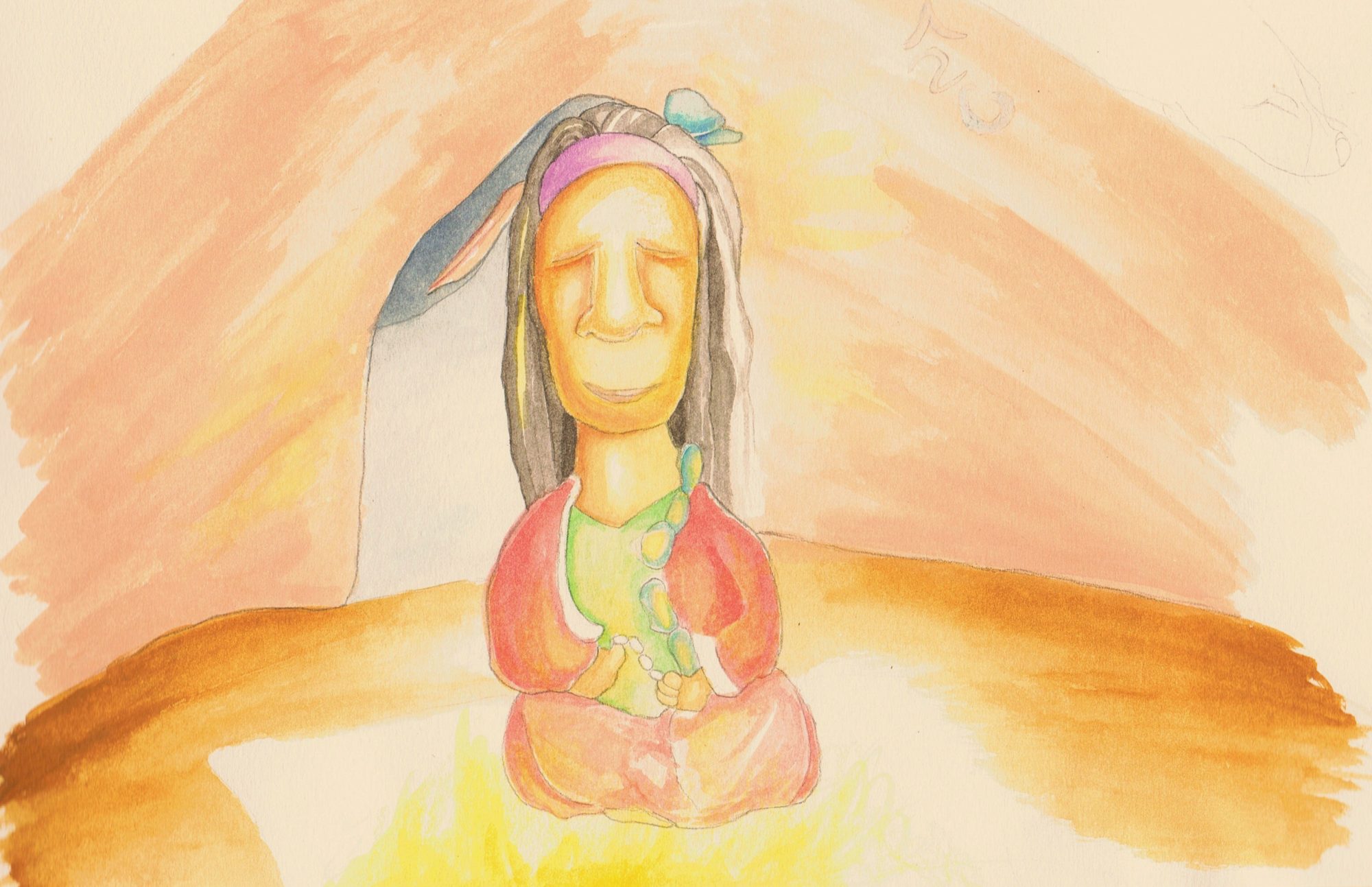Knowledge is information or facts about a reality that I believe to be true. Information that is not believed to be a true reflection of reality is called nonsense because it doesn’t make sense. I make sense of information as sensory input to my brain with my five physical senses. What I make sense of, makes sense and I store it in my memory as knowledge.
I also make sense of reality with my three intuitive senses of seeing, feeling & knowing. When something makes intuitive sense, without any prior knowledge of it, it is intuitive knowledge that comes from the depths of my super-conscious mind.
As knowledge forms the basis of my belief system, all my beliefs are based on my knowledge of what is real, and my beliefs always precede my actions, I always act on what I believe to be true, it follows that experience always follows knowledge. This means that knowledge precedes experience but to a rational thinking person this appears to be counter-intuitive as surely knowledge can only be gained through experience.
There appears to be a paradox here of which comes first, the knowledge or the experience. I have experience of knowledge through learning. The experience of learning is how I gain knowledge. I gain knowledge through learning, which is the experience of gaining knowledge. This leads me to the conclusion that experience precedes knowledge.
When my experience follows my own knowledge, there is no knowledge gained. When my experience follows someone else’s knowledge, there is still no knowledge gained. I have the same amount of knowledge after the experience as I had before the experience, unless that is, I learn something new during the experience.
When I learn new knowledge from an experience, the experience obviously precedes the knowledge. It appears therefore that, whether knowledge or experience come first depends on whether the knowledge is learned experientially or whether it is intuitive.
Intuitive knowledge is what Plato called Knowledge. It is wisdom from a higher Source of Consciousness, whereas experiences of the Self result in what he called true opinion. A true opinion is what I, or other people, believe to be true from my or their perspective. I express a true opinion about what either I or another believes to be true from my or their experience of reality.
Plato believed that true knowledge was not experienced or learned but remembered from a higher source of consciousness. This means that there is never any new knowledge, just new relative experiences of all aspects of absolute knowledge. From this perspective knowledge always precedes experience because knowledge is absolute & certain, whereas experience is relatively certain or uncertain.
The paradox of knowledge coming both before & after experience leads to the conclusion that there are two types of knowledge. Philosophy determines that A Priori Knowledge is prior knowledge of. In philosophical debate this can be taken to mean both knowledge prior to personal experience or knowledge prior to anyone’s experience. Knowledge prior to anyone’s personal experience has to be intuitive. Knowledge prior to one’s own experience can be here-say that is someone else’s experience or just their true opinion.
The second type of knowledge is A Posteriori Knowledge, which is knowledge gained through or after one’s own experience. The clear distinction is that A Priori knowledge comes before personal experience and A Posteriori knowledge comes after personal experience, irrespective of whether or not philosophers agree on the source of a priori knowledge.
As there are two types of knowledge that either precede or result from experience, the real question is which comes first, wisdom or experience? Do I gain wisdom through experience or is experience more beneficial when it follows wisdom? Do I take action with knowledge or Do I act wisely?
With intuitive wisdom, I intuit that wisdom is innate and therefore intuitive. Unlike knowledge it cannot be learned, it can only be remembered through an intuitive connection to our Higher Source of Knowledge, which is Omniscient Wisdom. Wisdom is a priori knowledge that by definition has absolute & certain prior knowledge of the outcome of the experience.
